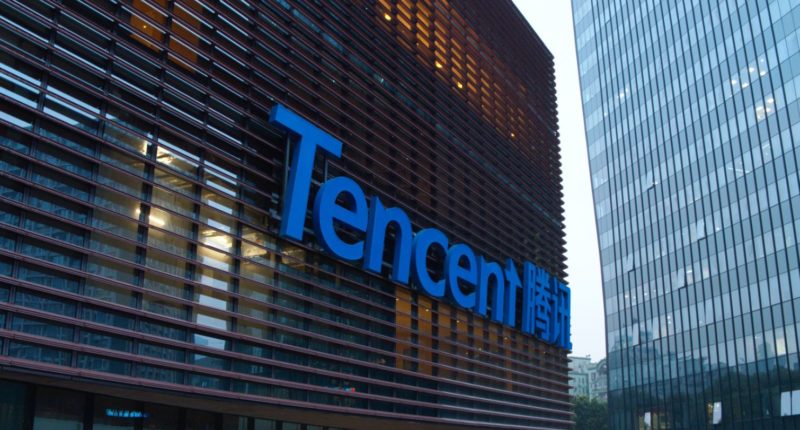The metaverse has not come yet, but companies have already started betting big on it. Facebook (now Meta) has rebranded the entire company around the concept, and has hence emerged as a driving force behind the metaverse vision. And now, it may have a rival in China’s Tencent.
The Chinese tech behemoth has revealed its intentions to place itself in a strong position in the metaverse segment, adding that Beijing would support the development of such new-age technologies “as long as the user experience is actually provided under the regulatory framework” even as the country is going through sweeping internet and tech regulations. The same was announced by Tencent CEO Pony Ma during its earnings call on Wednesday, who added that it expected would allow “metaverse” virtual environment services.
Tencent believes that the metaverse will add to the growth of existing industries. “For example, it will be an addition to the gaming industry. It will also be an addition to the social networking industry. And in some cases, when you have real-life applications like business applications, it actually also can be a growth engine for that industry too,” Pa said during the company’s earnings call on Wednesday, adding that they had a “lot of the technology and know-how building blocks for us to explore and develop for the Metaverse opportunity. For example, we have a lot of gaming experiences. We also have very strong social networking experience.”
Tencent is not the only company eyeing this sector – Microsoft and Disney have been working on their own metaverses as well.
One thing to be noted is that Tencent acknowledged China’s version of the metaverse would need to be different than that of the rest of the world. So expect it to be different from Meta’s metaverse. How this will happen, considering that the crackdown on Chinese tech giants is creating a difficult environment, is yet to be seen.
Tencent believes that video games and a social network that is “gamified and supports much more programmable experiences,” which needs necessary tools like 3D graphics capabilities and UGC and PGC tools, and real-world experience augmented by AR and VR technology would lead to the metaverse. It believes that it is equipped with the right talent and technologies.
“The driving force [of metaverse] will still be software-driven and the technology that really helps us to provide the user experience, be it engine technology, be it the ability to provide better, real experience, high-fidelity experience across many — a large number of concurrent users, AI technology, for example, in order to customize the different experience for different people,” said Martin Lau, president at Tencent.
The Tech Portal is published by Blue Box Media Private Limited. Our investors have no influence over our reporting. Read our full Ownership and Funding Disclosure →






